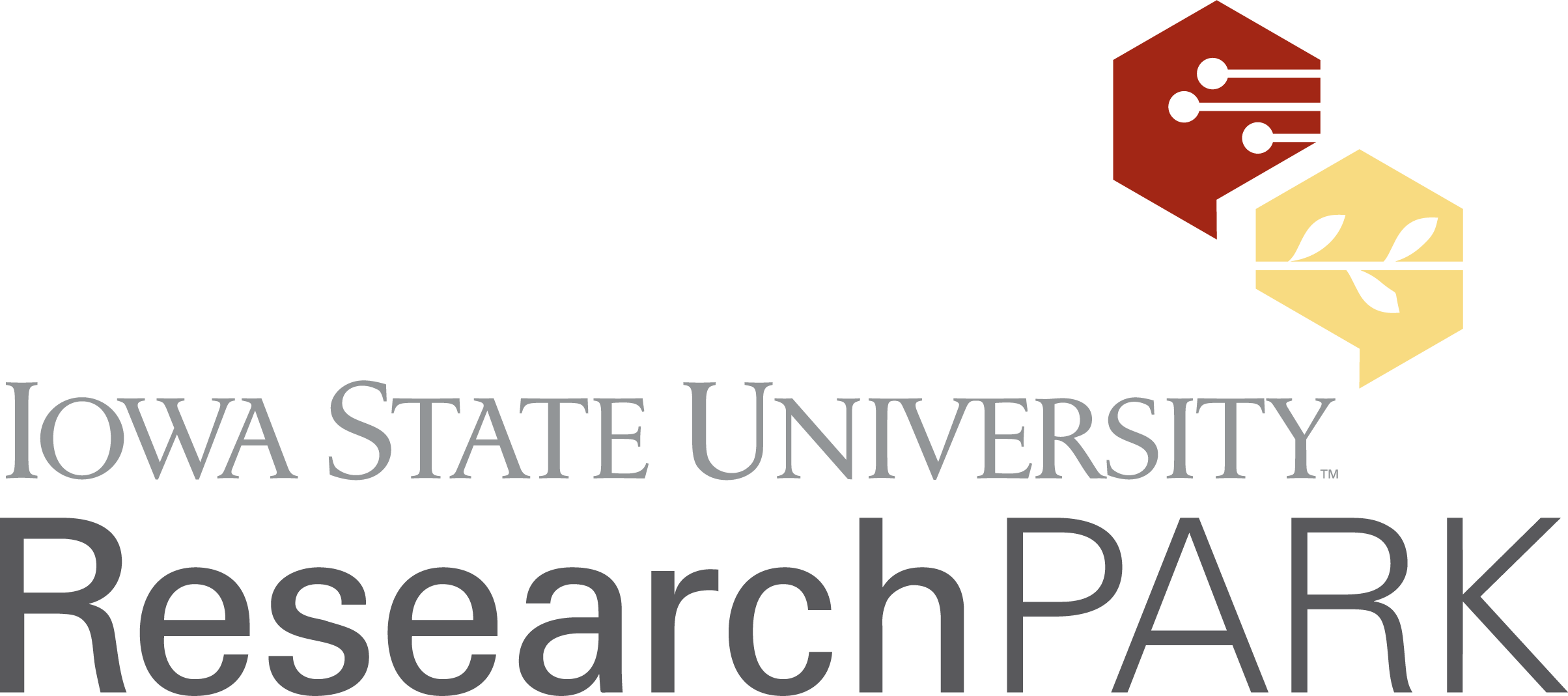A report released this week by technology policy coalition Engine and entrepreneurship research association the Ewing Marion Kauffman Foundation placed Ames at No. 25 in metro areas with the highest ratio of tech start-ups compared to the national average.
Boulder, Colo., was ranked No. 1.
Dane Stangler, director of research and policy at the Kauffman Foundation, said several factors, including the presence of Iowa State University, likely helped push Ames to the leader board for high-tech start-up density.
He said the Ames Seed Capital LLC, which generates private capital to help fund start-ups, also could be a critical component for Ames. He said private capital investment has proven over time to be more successful than public funds.
“Ames is in the smallest metropolitan size class and it ranks highly,” Stangler said. “Ames had one of the largest increases in high-tech start-up densities between 1990 and 2010.”
He said cities that have strong research institutions, such as ISU, have a large talent pool to draw from.
“We see elsewhere in the country, a lot of these start-up hubs, the way they have such a high density is they have an anchor institution or high-growth company that spawns all these other entrepreneurs,” Stangler said.
Dan Culhane, president of the Ames Chamber of Commerce, said, “this latest ranking clearly underscores the power of Ames having the good fortune of being the host community to ISU. Make no mistake, this particular ranking points directly to the immense infrastructure we enjoy that is so important to technology starts.”
Culhane credited the Iowa State University Research Park and its leadership for Ames’ ranking on this list.
“Steve Carter and the Iowa State University Research Park are front and center responsible for a ranking like this,” Culhane said. “The Park offers a wide array of support to technology start-ups as well as an environment that is conducive to supporting such endeavors.
“Couple all of this with the Ames Seed Capital Fund, which recently announced a new $1.8 million fund and Ames is well-positioned to provide timely assistance, and capital, to new technology starts,” Culhane said.
Stangler, said the challenge for many communities is maintaining the high-tech density over time.
“It’s absolutely possible to sustain it, but it’s also true it can peter out,” Stangler said. “We don’t have a good grasp yet on those dynamics as far as what can be done public policy wise to sustain it.”
